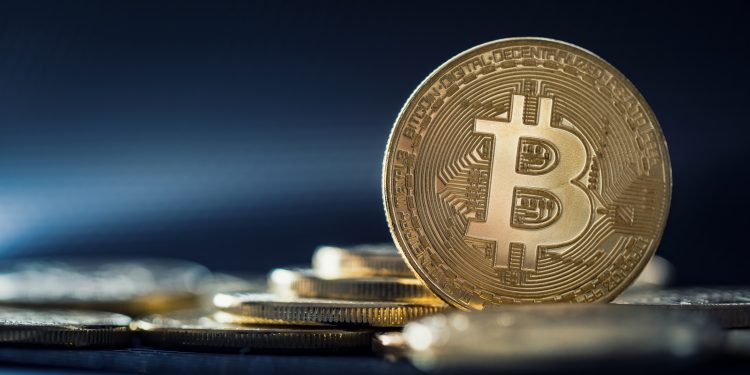One needs to evaluate opinions based on the source, so one expects an article placed in Ethereum World News will have a pro crypto slant, but this is a whopper. The original title is “Will Visa, Mastercard, PayPal Be Eclipsed By Crypto? Bitcoin Data Shows It’s Already Happening.”
Oh really?
First, let me state that I recognize there is a major role for crypto in the market, in fact I just wrote “How Banks Can Safely Do Cryptocurrencies,” but replace the global networks? Not yet by a long shot!
By the author’s own admission bitcoin is slow, he states it “would have taken less than an hour if blocks were running on schedule” Oh, just one hour? On the major networks you get penalized if you can’t respond to an authorization request in 300 milliseconds.
The core premise of this article is that it costs less. The problem with this premise is that with the major networks acceptance cost is posted and negotiable if volumes are significant. This isn’t true in Bitcoin where fees will increase based on how much compensation miners get in rewards. The rewards they get are diminishing over time and will continue to decline to zero. So while the author sees a bright future for crypto, I expect increased costs and more exchanges being hacked and more consumer caution – the joys of operating in an unregulated market.
One last thought, the author’s example at the end of article about how much less international remittance would be using bitcoin suggests he is ready to run afoul of several US regulations.
“Since Bitcoin (BTC) garnered some semblance of traction, it has been touted as a viable alternative to traditional digital payment rails, like Visa, Mastercard, or PayPal. As ShapeShift’s Erik Voorhees said in a recent interview, BTC, unlike centralized digital monies, is free to use (accessible), borderless, and uncensorable — arguably making it a perfect substitute. And yes, the leading cryptocurrency is probably best used as a store of value (gold alternative), as scaling efforts are deemed lackluster by pundits, but recent data compiled by BlockData confirms that Bitcoin has potential as a medium of exchange, too.
Through a graphic, Blockdata’s team accentuated that by many measures, traditional merchant payment processors, like Visa and Mastercard, pale in comparison to Bitcoin, XRP, and other digital assets in this age. In fact, as the analytics startup estimated, merchants would see their margins swell by up to 4% if they accepted crypto instead of fiat on credit/debit cards.
As was depicted, a $1,000 purchase through Visa dwindles to $944.20 after all is done and dusted. The financial services firm charges $25.10 as an interchange fee, an intermediary payment processor, PayPal in this case, takes $29.30, and at last, $1.40 is taken as an “assessment fee.” And with that, the end online merchant receives only $944.20 from the $1,000 transaction. It’s the same (slightly worse) with Mastercard.
With crypto, on the other hand, fees across the board are drastically slashed. In a $1,000 Bitcoin transaction, BlockData estimated that the merchant at the end of the equation gets $974.22 deposited in its bank account, if transaction fees are $5 (they aren’t, by the way) and crypto-to-fiat platforms charge a 1% fee. The difference between $944.20 and $974.22 doesn’t seem that noticeable, but it would have a large effect on the retail economy.
And with that, Crypto Michael, an Amsterdam-based trader who reposted BlockData’s chart, claimed that Visa and Mastercard are going to get phased out, as blockchain assets have “outpaced them by a mile” and will “take out the middlemen” making transactions more costly.
Personal anecdote: These statistics aren’t exactly baseless. In fact, mere weeks ago, one of my employers had to pay me through PayPal’s cross-border payment system. Not only did the transaction take days to finalize, but fees surpassed 4%, eating away at my income. If Bitcoin was used, the transaction fee would have likely been under 0.25%, and would have taken less than an hour if blocks were running on schedule. It’s clear to see why so many are taking a liking to cryptocurrencies over their archaic fiat-run counterparts.”
I’ll remain confident in the global networks until I see regulations evolve that establish crypto as a legal form of exchange.
Overview by Tim Sloane, VP, Payments Innovation at Mercator Advisory Group











